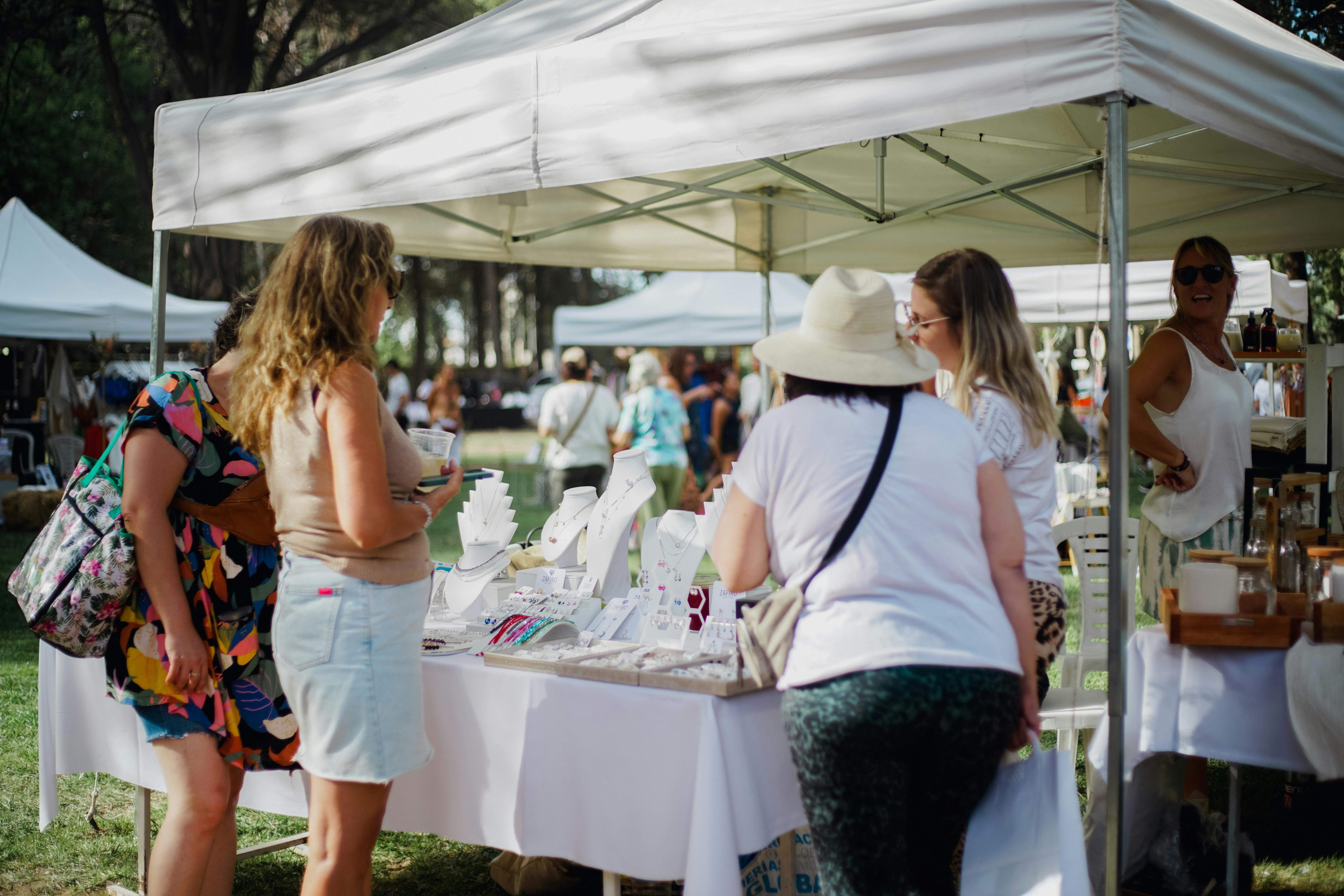Many Australians start a hobby simply for enjoyment—whether it’s baking cupcakes, making jewellery, or selling handmade crafts online. But what happens when your weekend passion starts bringing in steady income? You might be crossing the line from hobby to business—and that shift comes with tax obligations.
Hobby or Business? Why It Matters
The Australian Taxation Office (ATO) treats hobbies and businesses very differently when it comes to tax. If you’re earning money from an activity that’s still considered a hobby, you may not need to register for an ABN, collect GST, or declare it as business income.
But if your hobby evolves into something more serious—say you’re making regular sales, reinvesting in materials, or taking custom orders—you may be operating a business in the eyes of the ATO, even if you don’t see it that way.
Signs Your Hobby Might Be a Business
The ATO uses several criteria to assess this, including:
- Intention to make a profit – Are you pricing your products to cover costs and earn income?
- Repetition and regularity – Are you making sales regularly or marketing your goods/services?
- Record-keeping and planning – Do you have a website, social media presence, or inventory tracking?
- Scale and commercial viability – Are you growing and investing in tools, materials, or advertising?
If you answered “yes” to most of these, it’s time to consider whether your hobby has become a business.
What Changes if You’re Running a Business?
Once you’re classified as a business, you must:
- Register for an ABN
- Report income and claim expenses on your tax return
- Register for GST if your turnover exceeds $75,000
- Keep detailed financial records
The good news? Businesses can deduct eligible expenses, potentially lowering your taxable income.
Final Word
It’s exciting to turn your passion into profit—but it also means thinking like a business owner. If you’re unsure where you stand, speaking to one of our accountants can help you stay compliant and make the most of your hard work.


